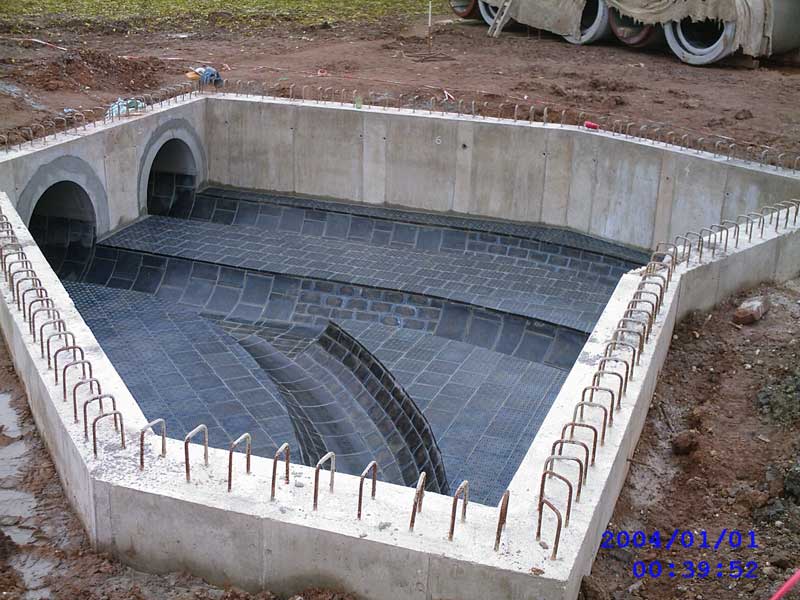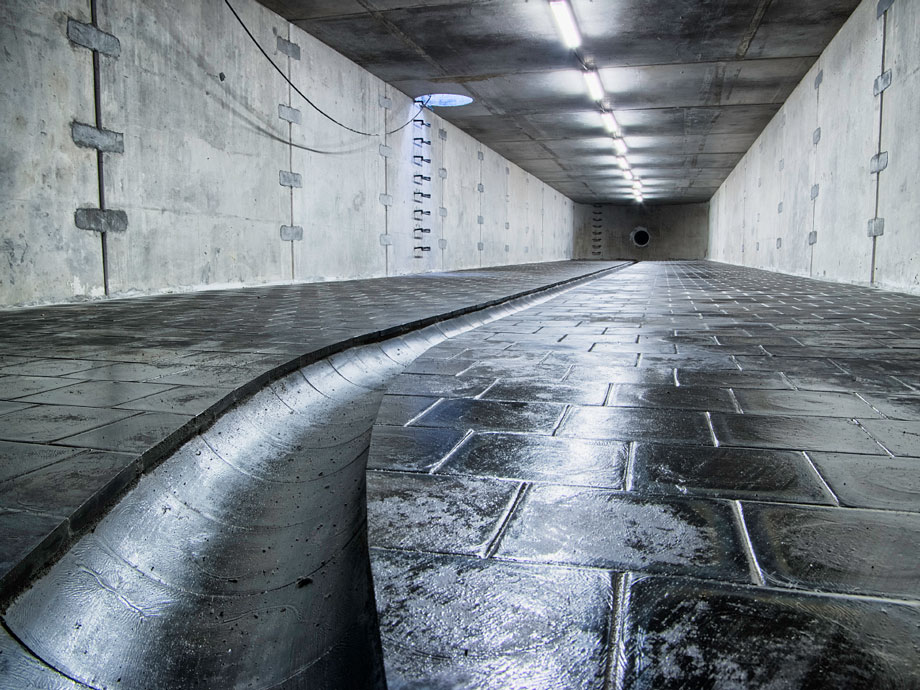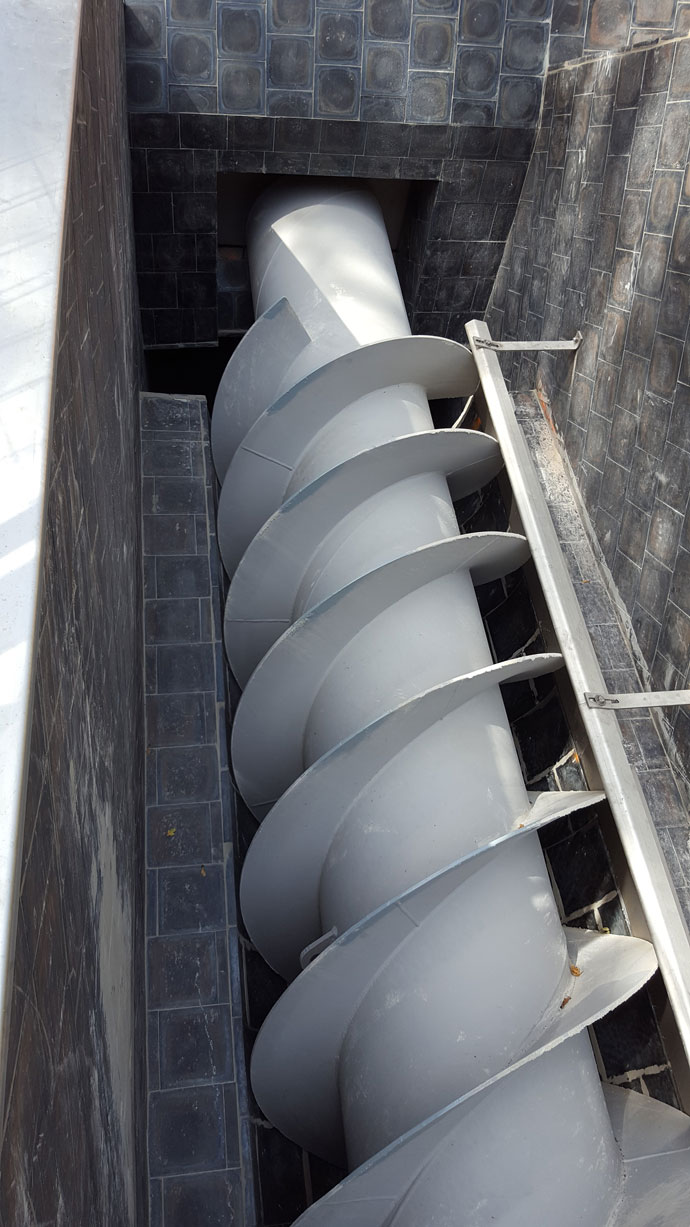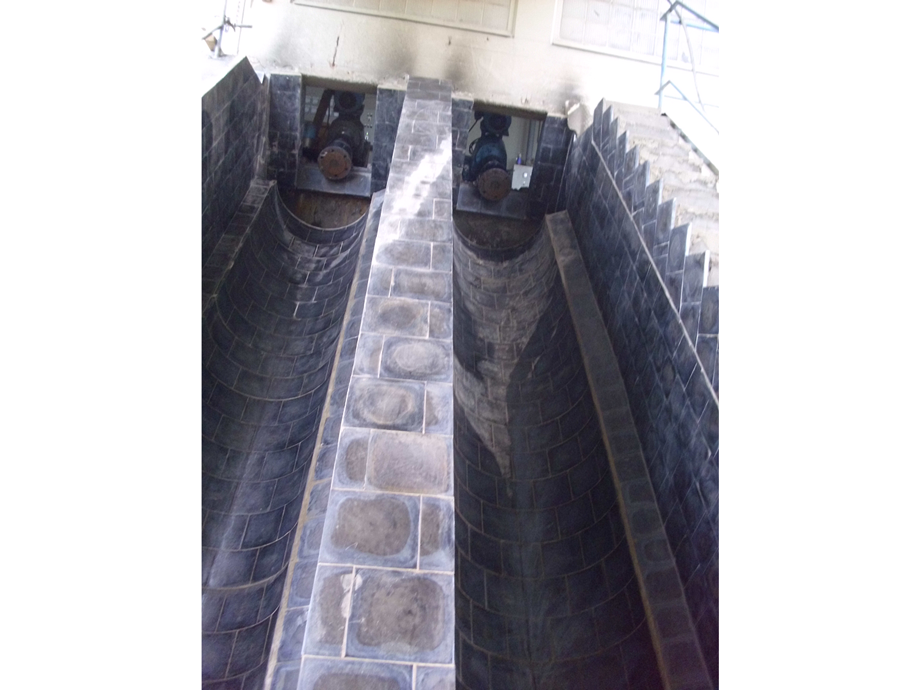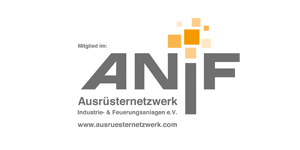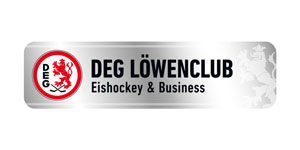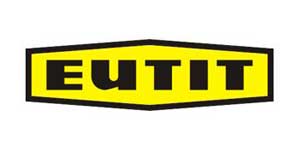WEAR PROTECTION IN WASTEWATER MANAGEMENT SYSTEMS
The Th. Scholten GmbH & Co. KG applies its proven wear protection solutions from the SC-AwaTec® product line to water and wastewater management systems. These packages, which comprise a variety of different materials like cast basalt or hard ceramic, and in particular special installation mortar, offer solutions in terms of corrosion protection, protection against abrasion, and protection against BSC (biogenic sulphuric acid corrosion) in combination with the corresponding process technologies.
Areas of application include sewer construction and sewer rehabilitation projects, sewage treatment plants, and other structures requiring additional long-term and sustainable protection. For optimum installation and sealing, Scholten offers cement-based mortar which meets the increasingly higher requirements and increasingly stricter environmental regulations.
The photo shows a trough conveyor pump station that was lined with cast basalt using the Reith procedure. Not only the crescent-shaped spiral trough was lined, but also the side walls, the head, and the sump pit were lined with SC cast basalt tiles.
PULHEIM PURIFICATION PLANT
The Pulheim purification plant was put into operation in 1982 and was expanded in 1994. In 2007, the Th. Scholten GmbH & Co. KG rehabilitated the first two spiral troughs with cast basalt with the result that it has not shown any signs of wear in five years of operation.
The situation in the purification plant: In light of the rough operating conditions resulting in a high susceptibility to wear, the concrete linings of the spiral troughs in particular suffer from pitting corrosion due to sulphuric acid. After contracting an expert report, the management decided in mid-2012 to replace the concrete trenches with cast basalt trenches from the Th. Scholten GmbH & Co. KG.
This economical material consisting primarily of silicon dioxide and aluminium oxide is not only resistant to corrosion caused by alkalis and acids (except for hydrofluoric acid), but has also proven itself over decades of use for applications in damp and chemically aggressive operating conditions and materials.
Scholten was contracted to partially rehabilitate the spiral troughs and both pump pits in addition to completely lining the entire screw pump with cast basalt and the associated comprehensive rehabilitation of the concrete according to the applicable concrete rehabilitation guidelines.
Technical details:
The Pulheim purification plant is equipped with four screw pumps with a diameter of 900 millimetres each as well as four more with a diameter of 1.200 millimetres each, over a length of 10.500 millimetres per screw pump. The experts from Th. Scholten GmbH & Co. KG installed prefabricated troughs made exactly to size in the Wülfrath factory in the concrete troughs already moulded to size during the concrete rehabilitation process. During installation, the 30 millimetre thick cast basalt tiles were joined in a mould and preassembled to form elements with a length of 500 millimetres each. At the site in Pulheim, a crane inserted the elements, each of which weighed about 90 kilos, in the six precisely pre-fabricated troughs so that they, when placed next to each other, completely covered the bed of the screws and precisely reflected the profile of the screw pumps.
Mortar was back-filled to precisely fit and fasten the troughs in the concrete bed, and for the surfaces having contact with wastewater, epoxy resin was used instead of mortar. There is only a gap of five millimetres between the feed screw and the cast basalt trench.
In addition to the troughs, the inner concrete surfaces of both pump pits (walls, stairs, and transitions), a total of 100 m² was lined with 22 millimetre thick cast basalt tiles. This guarantees that all inner concrete surfaces have long-term protection against biogenic sulphuric acid corrosion (BSC).

